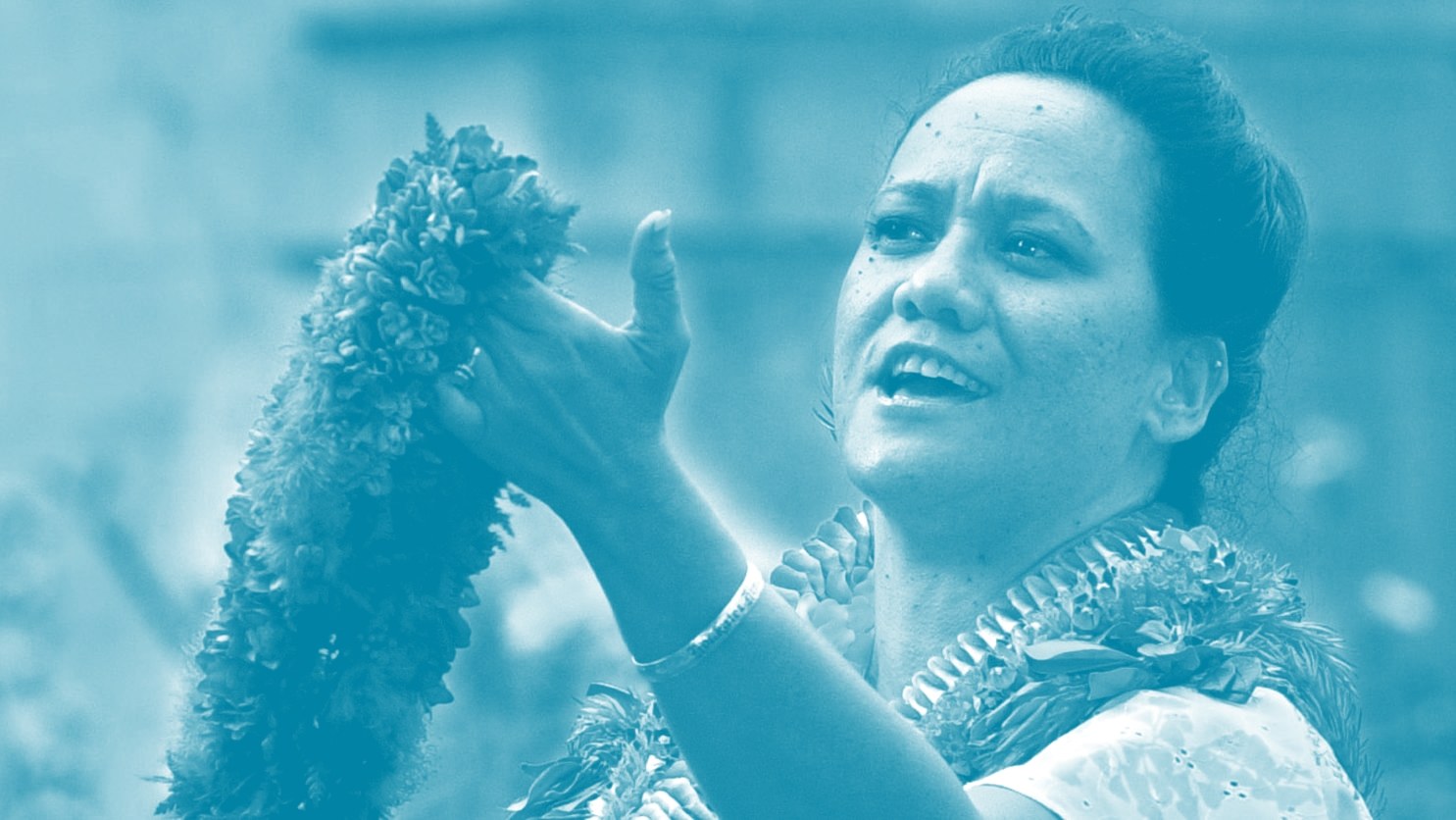We are proud to announce the launch of the CREATIVE CARE COUNCIL! LEARN MORE
We are proud to announce the launch of the CREATIVE CARE COUNCIL! LEARN MORE

This article originally appeared on Quartz. Read it there.
The term “kupuna” in Hawaiian translates roughly to elder, or grandparent, or simply an older person held in high esteem. A new state program puts money behind Hawaii’s commitment to its older generations, and to the family members caring for loved ones in their later years.
In July, Hawaii governor David Ige signed into law the Kupuna Caregivers Assistance Act. The bill, which took effect earlier this month, provides a stipend of up to $70 per day for people who work at least 30 hours per week while also caring for an elderly family member. The money can be used for anything that helps the caregiver meet his or her responsibilities without having to sacrifice work, such as a part-time home aide, meal deliveries, or cleaning services. It can also be used to supplement wages the caregiver loses while providing these services. The money comes from existing revenues in the state’s general fund, which is funded primarily by income and corporate taxes.
The goal is to help caregivers stay in the workforce for as long as they want to, while still helping their loved one live as healthy and independent a life as possible.
Hawaii, the US state with the longest life expectancy, is the first in the US to implement this type of direct subsidy for long-term care. Germany, Austria, Japan, and a handful of other industrialized nations have developed universal insurance programs for their elderly’s long-term care. Yet many countries (the US included) have not prepared for the demographic reality that the number of elderly people in need of care is growing rapidly—and with the rise of dual-income households, fewer younger family members are home full-time and able to consistently provide that care themselves.
While the challenges facing working parents are finally received much-deserved policy attention, so do the needs of the estimated 44 million Americans taking care of an elderly family member. More than 60% of those caregivers—approximately 26.4 million people—are also employed, a dual responsibility that can take a toll on an employee’s job perf
ormance.
That lost time at work comes at a significant cost, both to the employee and the economy. The cost of leaving the workforce early to care for an aging relative comes to about $304,000 in lost wages and benefits for the former employee, according to a 2012 study from AARP. The same study found that US businesses lose an estimated $33.6 billion each year in productivity from workers tending to caregiving responsibilities.
A $70 daily stipend can’t cover all of an elderly person’s needs. Yet for overtaxed workers giving their all at work and at home, Hawaii’s Kupuna program offers much-needed help—and an intriguing example for the rest of the country to follow.